Department of Environmental Sciences and Technology
About Department of Environmental Sciences and Technology
Green environment science is an academic system that takes a multifaceted approach from a wide range of disciplines, including landscape architecture, agricultural engineering, ecology, and environmental studies, to agricultural land, natural land, urban green space, and the surrounding environment, to achieve sustainable development of urban areas, build a recycling-oriented society, conserve biocultural diversity, and shape a healthy living environment. This department provides students with a comprehensive view of environmental issues on various scales and an interdisciplinary approach to learning practical and wide-ranging knowledge and skills about the relationship between the “atmosphere,” “water,” “soil,” and “organisms,” and “human activities” that make up the green environment.
Aim to become a green and environmental specialist!
Acquire the skills and abilities to protect and create a healthy green environment.
Many people dream of preserving the nature that is home to a wide variety of living things or making cities greener and more comfortable. Thus, what do we need to learn to make them happen?
For example, to conserve living things, it is necessary not only to have physiological and ecological knowledge about plants and animals, but also to correctly understand the characteristics of the underlying air, water, and soil, and to acquire the skills to properly manage and control them. Besides the knowledge and skills related to greening, social science concepts for creating a living environment in harmony with nature and human activities are essential for making cities greener. By comprehensively utilizing such knowledge, technology, and ideas, it will be possible to realize a sustainable society in which nature and humans are in harmony.
After graduation, you will be able to work as a specialist in green environment, which is increasingly in demand, in various fields such as environment-related fields, food production and its infrastructure development, urban development, and environmental resource management in private companies and government agencies.
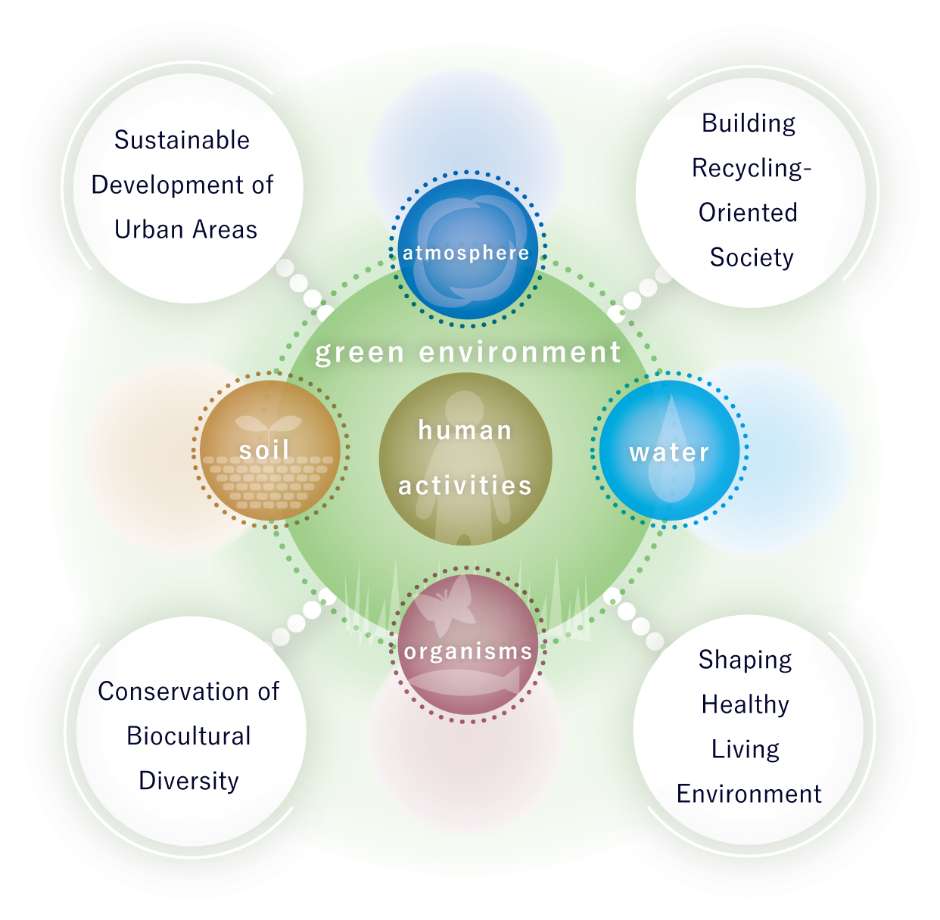
Curriculum
Through a 4-year curriculum that includes step-by-step lectures from basic to specialized, experiments and practical training using the rich green environment of the campus and off-campus fields, internships that expose students to the latest practices, and graduation research under the supervision of a faculty advisor, students acquire specialized knowledge, skills, and problem solving abilities and are trained to become “green and environmental specialists” with the ability to independently and systematically promote research and projects in a wide range of fields.
Lectures
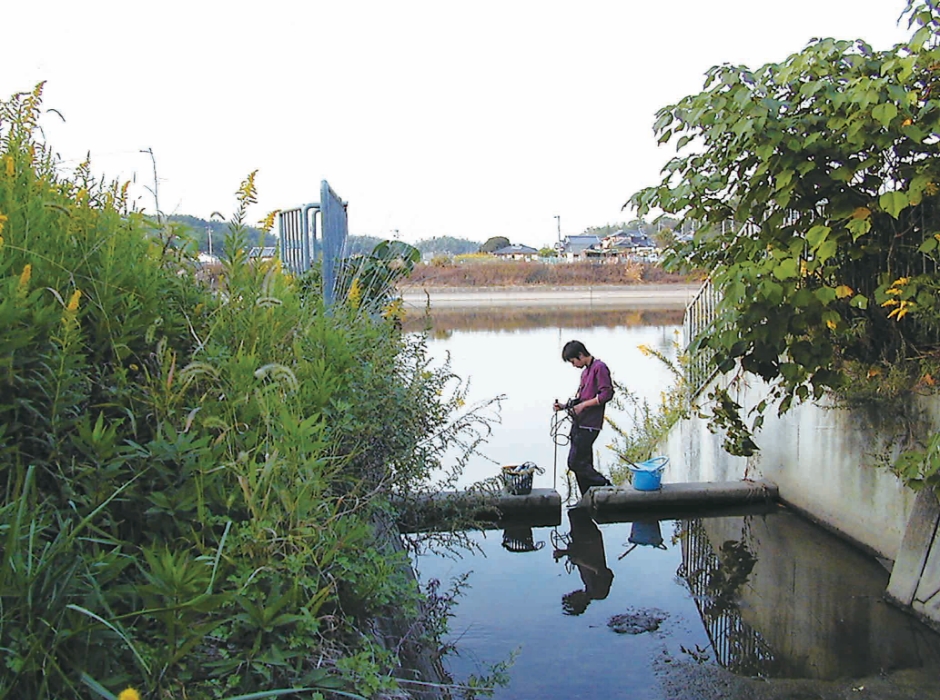
Environmental Hydrology
This is a lecture to learn about the concept of watersheds, distribution of precipitation, evapotranspiration, infiltration, and runoff processes, groundwater flow, and water resource issues.
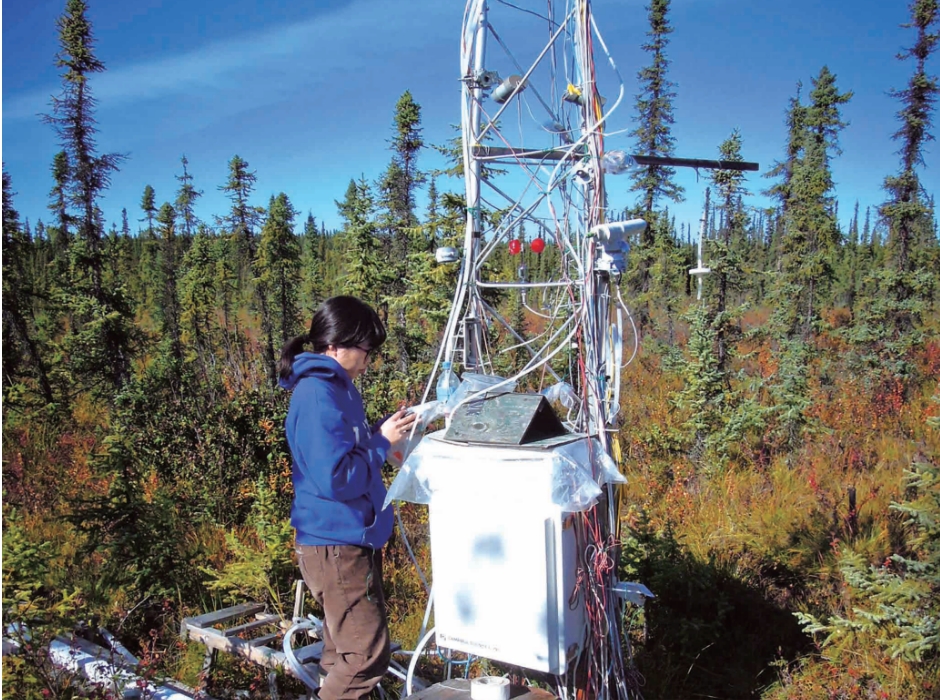
Ecological Meteorology
This is a lecture to understand the impact of global warming and other climate changes on ecosystems and the impact of vegetation on meteorological phenomena and to learn how to measure them.
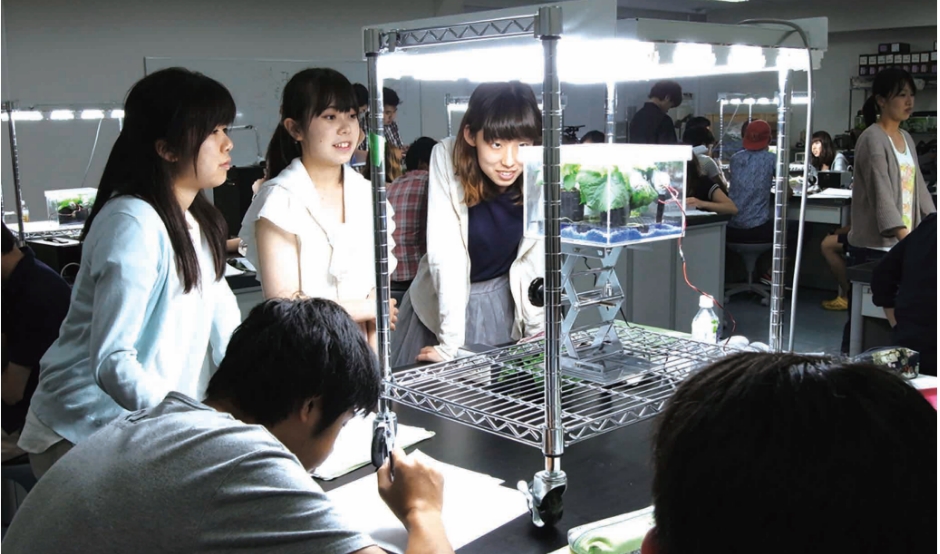
Environmental Control of Plant Growth
This is a lecture to learn environmental control methods in plant production such as facility gardening and evaluation methods of plant responses based on material balance.
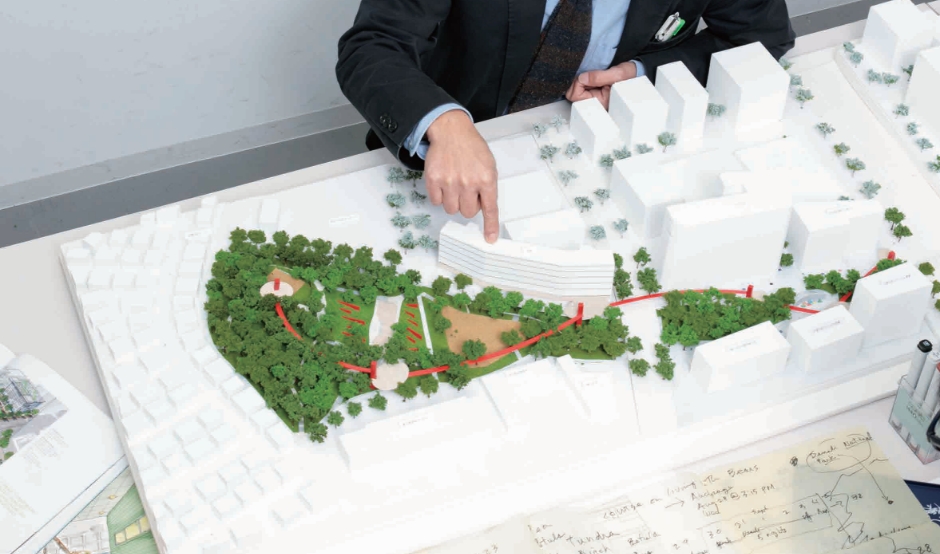
Urban Environmental Planning and Design
This is a lecture to learn about the formation of urban environments through comparisons between Europe, the United States, and Japan, as well as the historical development of these environments, and learn about symbiosis with nature and sustainable design methods.
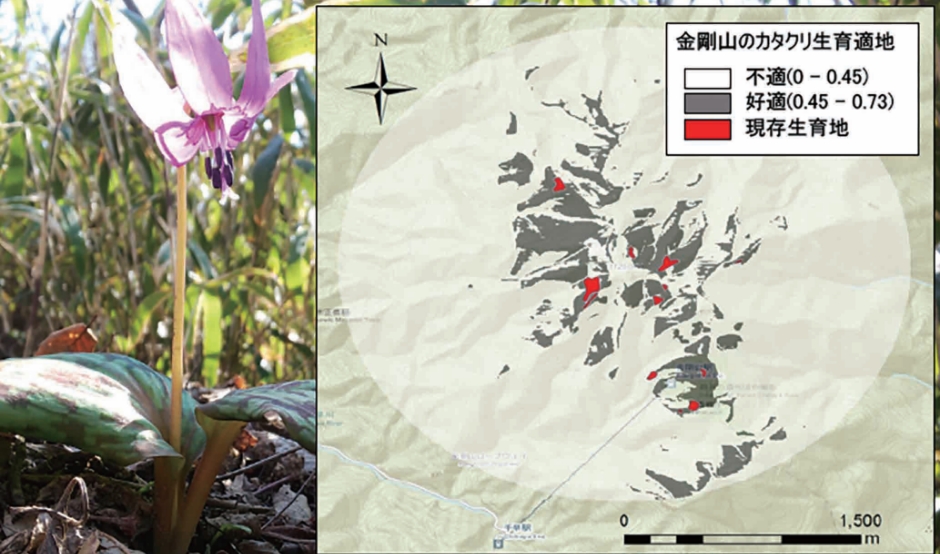
Landscape Ecology and Management
This is a lecture to learn about the relationship between ecosystems, landscapes, and humans, as well as green space conservation-related techniques such as surveying, monitoring, and evaluation.
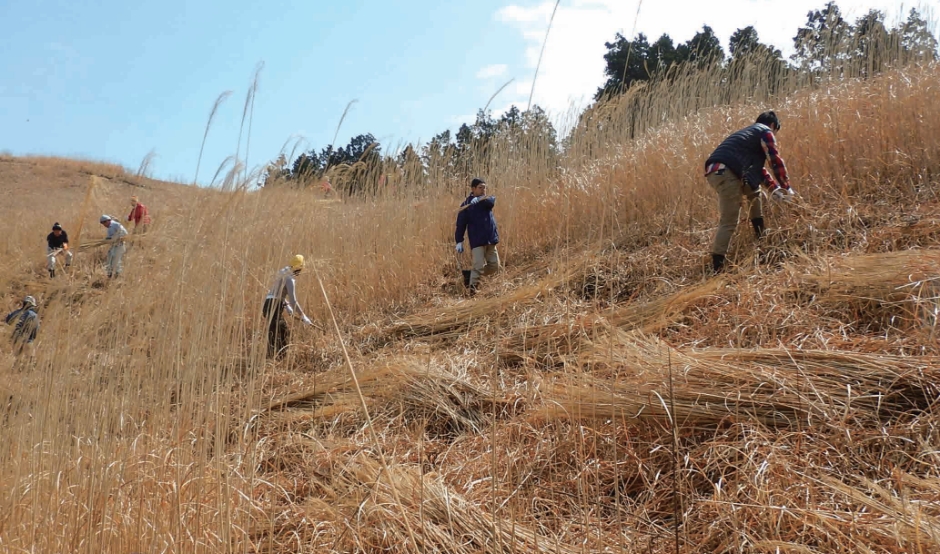
Practice in Ecology and Management of Traditional Rural Landscape
This is a practical training to learn about the Satoyama ecosystem and management techniques for conservation.
Minor
A minor is an elective course offered in the second year or later. Environmental Sciences and Technology y offers the following minor.
Minor in Plant Factory Science
【Admissions Suspended from FY2026 Onward】
This is a joint program between the Department of Agricultural Biology and Department of Environmental Sciences and Technology in School of Agriculture, and the Department of Mechanical Engineering in School of Engineering. The program utilizes the plant factory located on the Nakamozu Campus to train engineers with both agronomic and engineering knowledge. Practical education is provided through a combination of lectures and practical training at the plant factory located on the Nakamozu Campus and at other plant factory sites in Japan.
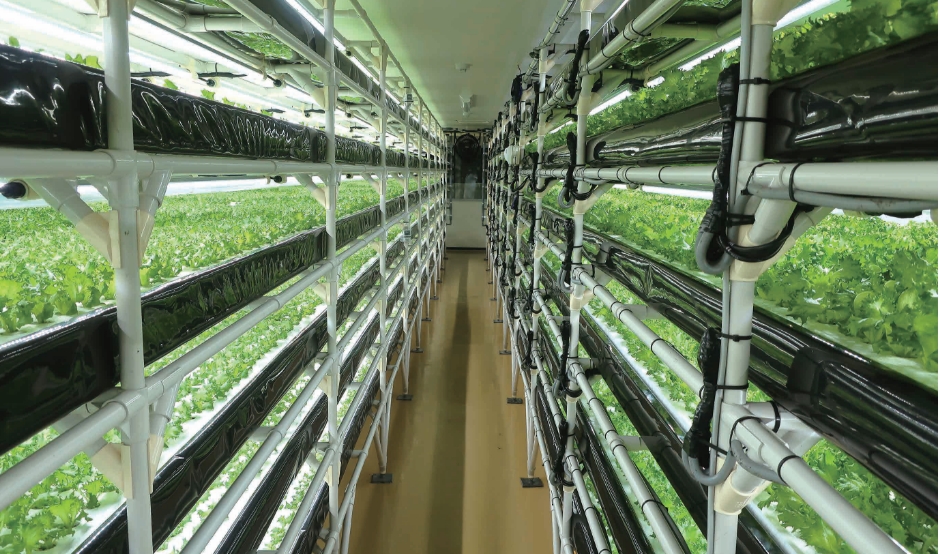
Research Groups
The Department of Environmental Sciences and Technology comprises 9 research groups. For more information regarding each research group, please see the following link: